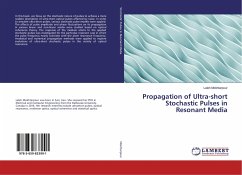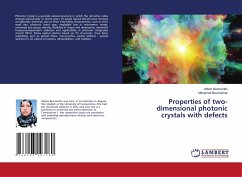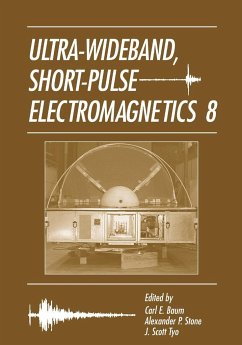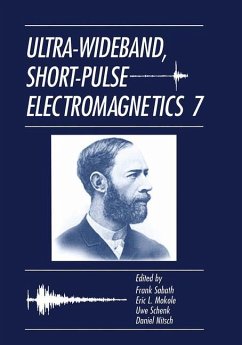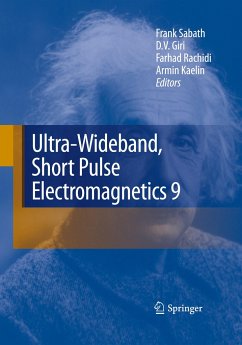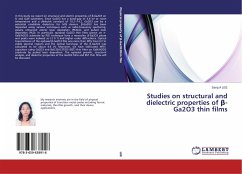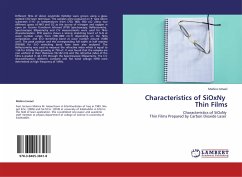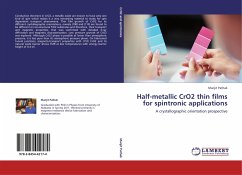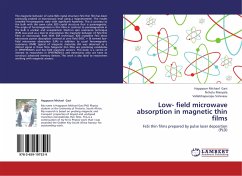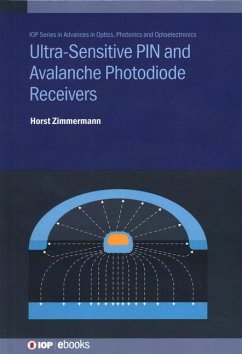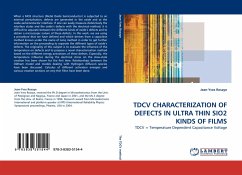
TDCV CHARACTERIZATION OF DEFECTS IN ULTRA THIN SIO2 KINDS OF FILMS
TDCV = Temperature Dependent Capacitance Voltage
Versandkostenfrei!
Versandfertig in 6-10 Tagen
32,99 €
inkl. MwSt.

PAYBACK Punkte
16 °P sammeln!
When a MOS structure (Metal Oxide Semiconductor) is subjected to an external perturbation, defects are generated in the oxide and at the oxide-semiconductor interface. If one can easily measure distinctively the interface states and the oxide s defects with the electrical method, it is difficult to separate between the different kinds of oxide s defects and to obtain a microscopic nature of these defects. In this work, we are using a procedure that we have defined and which derives from a capacitive method known under the name of Jenq method in order to get further information on the proceedin...
When a MOS structure (Metal Oxide Semiconductor) is subjected to an external perturbation, defects are generated in the oxide and at the oxide-semiconductor interface. If one can easily measure distinctively the interface states and the oxide s defects with the electrical method, it is difficult to separate between the different kinds of oxide s defects and to obtain a microscopic nature of these defects. In this work, we are using a procedure that we have defined and which derives from a capacitive method known under the name of Jenq method in order to get further information on the proceeding to separate the different types of oxide s defects. The originality of this subject is to evaluate the influence of the temperature on defects and to propose a novel characterization method based on the different energy activations of these defects. Especially, the temperature influence during the electrical stress on the slow-state creation has been shown for the first time. Relationshipsbetween the Oldham model and models dealing with Hydrogen diffusion species have been discussed. Calculus of different activation energies and various creation sections on very thin films have been done.



